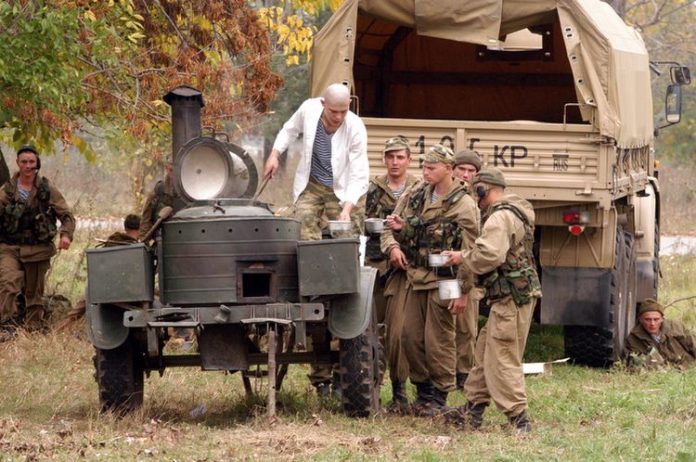
Previous article about "Canned meat", much to my surprise, "Gone". So I will continue the theme, but now, before opening new banks, just need to immerse themselves in the history of.
the right thing, because the army in Russia - the phenomenon is somewhat longer, than the aforementioned canned, and that all one hundred years in the lunch. therefore, to correctly build all and talk about the bread, start since before Peter the Great.
A long time ago, more precisely, very long time, when there was no army itself, were Knyazhye squads. Brigade served as the army is quite normal, We went hiking, conquer new lands, and so on, according to routine.
Naturally, on his stomach vigilantes simply we had to take care. clear, that food supplies each took for himself out of the house. However, if the campaign dragged, then began, so to speak, "Self". That is robbery. Or, as the chroniclers of the time wrote, "Feed the stomach sbiralsya, nasyle tvoryahu ".
Gradually teams squads began to give way to a professional (by the standards of that time) Streletsky shelves. Yes, The archers were already over wages, which included "sustenance, odezha and fire in store ".
However, there was a nuance. Musketeers salary paid twice a year. In those days, in the absence of normal accounting, forces townspeople clerks - it is. But we all understand, what a budget. And in those days, the delay was a matter of normal. And it's not just in the, that the king and took the money for the championship bast spent. No.
Then there were a very little money. A dues collected in kind, which still need to be implemented, turned into "hard cash". A plus, sorry, clerk embezzled and could lose his head. Labor Exchange did not exist, and the clerks, scientists were very rare.
So that after the epic hero and legendary princely archers ... Right, also engaged in self-sufficiency! That is robbery.
In this regard, it is reasonable entered Tsar Alexei Mikhailovich Romanov Quietest (9 Martha 1629 — 29 January 1676), which is generally done a lot for the appearance at the Russian regular army.
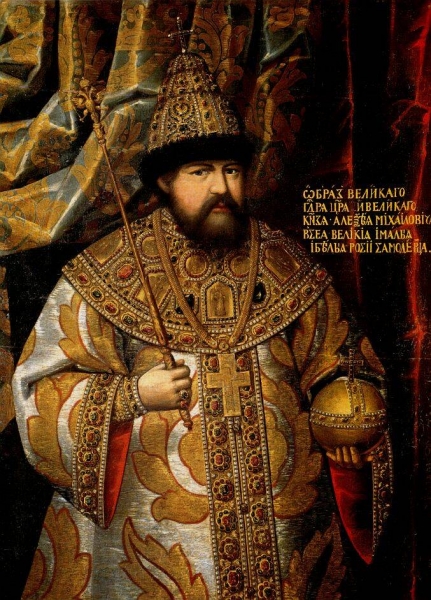
Alexis though left (till) food to soldiers themselves warriors, but to make life easier coined a very useful thing. Sagittarius and Reiter stood out or allotments, where they are off-duty time could a peasant, or given the right to engage in crafts.
That is not a fish, but the rod. And then the war before the war, to twist, sluzhyvыy.
Next baton took care of the soldier son of Alexei Mikhailovich, Peter A., aka Peter, aka Peter the Great.
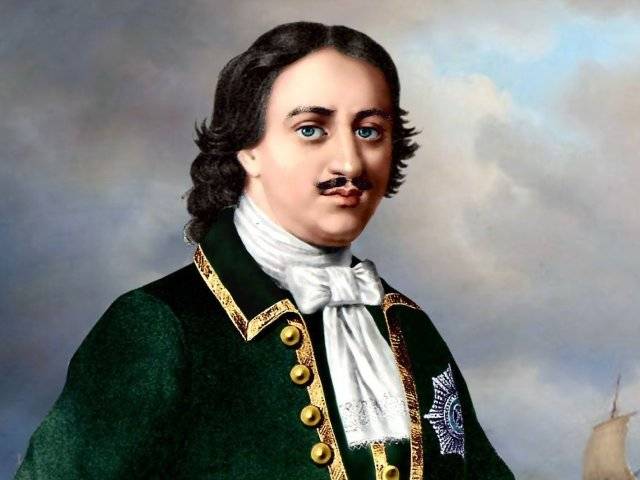
Peter's reforms, in theory, We were bound to be successful, because the emperor, without further ado, I borrowed the entire scheme during his overseas tour in Europe. The main part of the rear of innovation has been taken in the Austrian and Dutch armies, which at that time no one would have dared to call retarded.
As I mentioned in previous articles, from 1711 year every Russian soldier, except salaries, relied money for food and clothing. And for the time being "in a strange land" instead of money to all the lower ranks were given food "a la carte", and horses - "rations".
remind, what, according Petrovskiĭ decree, Soldier relied on day one pound of meat (409,5 gram), two pounds of bread, RED glasses (about 240 grams) vodka and Garnets (3,28 l) beer. Every month this adds two pounds of salt and half garntsa cereals.
Peter A. commanded, to a soldier's rations were «most kind». But then reality intervened Russian. «Hotels, how best, It turned out as always ". And it's not the swindlers quartermaster, they too were, but the king head chopped, not bothered mental anguish, and steal when Peter was not an easy task, a, the main thing, dangerous.
It proved difficult even to establish this business, storage and supply. Provision warehouses were fitted out often not the most suitable premises, which led to the deterioration of supplies. elementary logic - not mine. Well, our roads, which, although they were, but clearly prevented the timely provisions haul parts. Especially in spring and autumn.
Not even a single headache, and brain cancer, I was baking bread. Well, it happened historically, that the Russian people without bread really not fights, and not living. While camping stoves has not been, they appear almost 100 years, and bread baked in the billeting areas, i.e, in villages and towns. so, not regularly, as we would like.
With meat it was still worse. Especially on long trips. The thing is, in such campaigns often took command with only a portion of the cash box, and all the suply ložilosʹ intendantov and markitantov.
The latter were not fools, and as the distance from inhabited places, increased prices for their goods, after wandering troops. Lowing and bleating. In the same way people have acted representatives, Try to sell as expensive as possible the most run-down cattle.
And, if you believe Jaroslav Hasek (and there is no reason not to believe him, as he participated in the First World War), even through 200 years, the situation has not changed much.
As a result, often planted quartermaster troops on a forced post, because with meat allowances have problems. Of course, tested antiquated method of supply (robbery) It has not been canceled. But such a course of action afforded only the Cossacks, the whole Russian army had already begun to comply with accepted norms of warfare, and total robberies in history is not recorded in the same Northern War.
In the reign of Elizabeth the situation has only worsened. It began distributing patent officer people, to put it mildly, far from Army. AND, As a historical and contemporary point, I had no idea of military matters.
Under Elizabeth, food was disgusting. At the same time it was seemingly found a way to make life easier for quartermasters. Instead of flour and cereals in the army went crackers.
It seems to be a good idea, Yes. For the transportation of biscuits required less transport, than to deliver flour, crackers easier to store, and every soldier could carry a supply of crackers in his own knapsack. Even established rule change: a month instead 72,5 pounds of flour for each soldier began to give 52,5 pound of crackers.
Soon, however, from rusks diet showed a significant disadvantage, observed during the long "distances" in one place, type residue fortresses. Stocks of fresh food in the area, Where does the siege, usually, quickly ebbed, and the soldiers started bloody diarrhea.
Long use of breadcrumbs leading to constant irritation of the stomach and intestines and damage the mucous membrane of, which crackers operated annoyingly. It may be noted, that even in our time crackers - an excellent remedy for diarrhea.
However, here again the devil is in the nuances. Yes, crackers great stop and treat diarrhea. being, true, consumed with rather weak and always hot broth and vegetables. And just eaten in the field, eg, near Ochakov, suharь, can be equated to a sheet of sandpaper eaten. Enjoy your digestion, so to speak.
"Rusk diarrhea" was the constant companion of the Russian army.
When Alexander first situation only worsened. Just, as luck, Russian army constantly at war, including, in Europe. AND, as a sin, King willingly transferred questions of supply of his army allies, Austrians and Prussians.
About, Allies supplied the Russian soldiers while, written very cruel. Scurvy is considered quite normal disease Russian soldier in a European campaign, and saying «Soup and porridge - our joy» It was not a reflection of reality, a soldier's dream, because in reality the lower ranks of the Russian army ate often things, far from real food in the understanding of normal fighter.
Respectively, were the results of the campaign of Alexander the First and allies. Napoleon Bonaparte, past officer is not the easiest of Egypt campaign, its army preferred to take care. AND, by the way, first the bread machine on wheels appeared just at Napoleon. Together with canned meat.
After the reign of Nicholas I, all became even sadder.
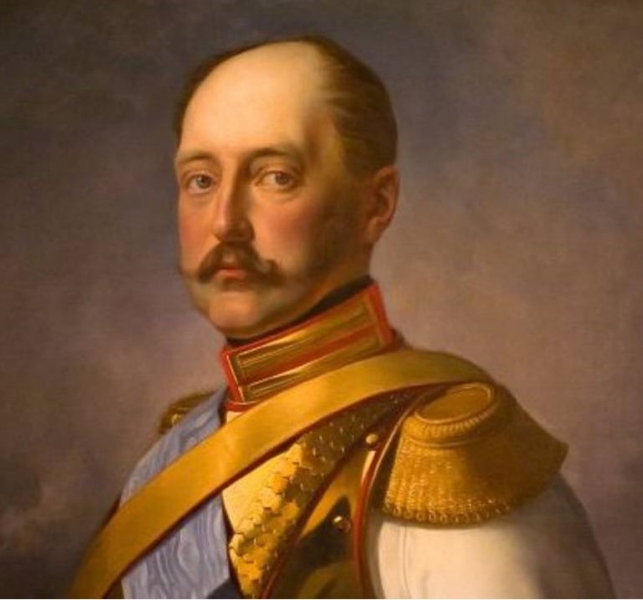
contemporaries noted, the meat to the soldiers were issued in amounts, far from the prescribed, besides, if there was an opportunity for delivery. Malnutrition and scurvy have become commonplace not only in the "standing" under siege, but also in the campaigns, and even when the stationing of troops in winter quarters. The Emperor did not pay enough attention to his army, more precisely, paid, but not in the supply of polls. For what would have been punished by the results of the Crimean War, if it lived up to them.
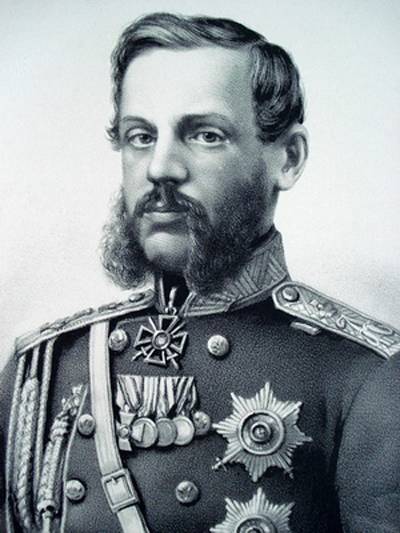
Dmitry Milyutin, contemporary and future Minister of War under Alexander the Second, He wrote in his memoirs:
"... Even in the military, that the emperor worked with such passion, dominated by the same concern for order, of discipline, chase is not essential for the accomplishment of troops, not for its device to combat purpose, but only for external harmony, for great views of the parade, meticulous observance of the countless petty formalities, dulls the human mind and kills the true military spirit ".
A second "witness", MD Alexander Mitrofanovich Puchkovsky.
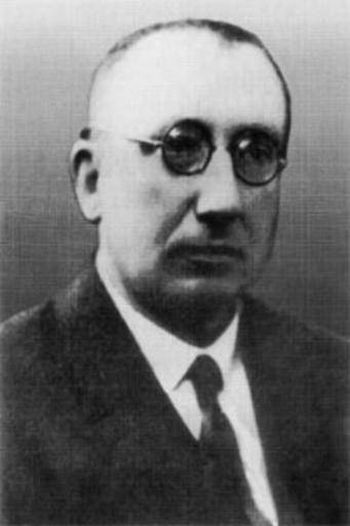
In his thesis "Historical Sketch of the food rations of the Russian Army", the doctor wrote the following: «In all the time of the reign of Emperor Nicholas I was not translated scurvy in the army, and took away many lives. FROM 1 November 1825 year on 1 November 1826 years in military hospitals and regimental infirmaries interrupted 442 035 patients…
The number of patients in the army 1828 , there were no less great - 449 198…
Two years later, the incidence in units of the lower ranks reached downright enormous magnitude - 759 810 human, 71 855 of them died».
What is not less important, his enormous contribution to the army life has contributed church. The soldier continued to drill and during long posts, and the food balance of the time is strictly met all the Orthodox canons. So that the number of malnourished soldiers grew year-on-year. doctors, not daring to argue with the church, dared to write only about, that in the diet of a soldier is not enough meat and fat.
But while the natural decline soldiers reimbursed new conscription serfs, the problem is not particularly worried about anyone.
Meanwhile, attempts to improve the soldier's life in terms of food, strange as it sounds, continued. Friedrich von Zeckendorf, Russified petty Prussian nobleman, while invented a powder from the dried meat and vegetables, who had just brewed with boiling water. "Maggie Mug" sample 1846 of the year. Military Office not appreciated invention, although it was no worse than, and possibly, even better than, that was used in "advanced Europe".
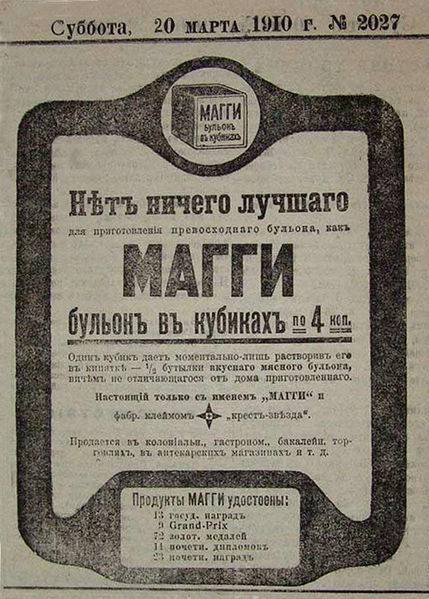 Here it might appear somewhat earlier in Russia…
Here it might appear somewhat earlier in Russia…
In Europe experiments to supply soldiers wearable canned meat were already with 1860 of the year. Legislators French military fashion was then for the first time attempted to establish a supply of soldiers meat dry concentrate.
But in 1804 by Nicolas François Appert itself, and introduced into the canned Army usage in this sense.
The Germans preferred the beef extract Liebig. It was a highly concentrated by conventional evaporating strong broth. Famous for just a disgusting smell and not very pleasant taste. But it was adopted for use and even copied by the Americans for their needs.
At all, in countries, embarked on the path of capitalism, process was leaps and bounds. no wonder, by the way, because military orders - the bread and butter and caviar for years to come!
Every year, invented and offered hundreds of ways to smoking, pickling and preserving food. One of the most original ways was patented in the United States and even in the Russian plant conservation by this method was built. The cooked or roasted meat was lowered into the sweet maple syrup and dried, resulting product was covered with an impermeable, but quite fragile crust.
Russia also stood apart from canning boom. Nicholas I continued to believe, that the army is all right and nothing new to invent not necessary.
The illusion is over after the start of the Crimean War. As it turned out, significant food supplies for troops in the country did not exist. Primarily because, that there are no long-term storage products, except sauerkraut and breadcrumbs, Russian quartermasters were not able to harvest.
But even then, which was quickly harvested in the black earth provinces, deliver troops to the Crimea was a big problem. Crimean cattle went under the knife in the first months of the war, and deliver new supplies of meat was impossible for various reasons. For all the campaign, dlyvsheysya to 1856 of the year, troops have not seen, and fresh vegetables, quartermasters delivery which also could not establish.
The courage of Russian soldiers was powerless against the lack of ammunition and food. Hard to tell, as if the fate of the Russian state turned on, for opponents willing to fight on, to complete the dismemberment of Russia.
However, come the Liberator Alexander II.
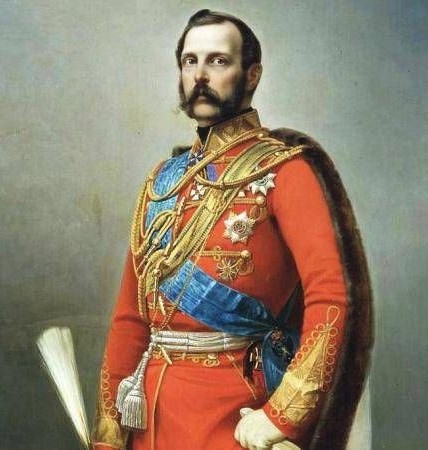
How to understand a man in military affairs, the new emperor considered one of the causes of the defeat of the Russian army disgusting supply. AND, concluded even if unprofitable, but timely Treaty of Paris, ordered to begin research to select the most suitable for the local conditions "meat and other canned".
And in the meantime, in the US and Australia, they have bought in 1869 , the party of canned meat and began their study / testing. Germany has purchased a large batch of meat extract libihovskogo, dried vegetables and soups. These canned took part in the Khiva campaign of the Russian army 1873 year.
The result was stunning: foreign soldiers concentrates were ignored. what, in its turn, It generated a lot of discussion on the topic of, that the Russian soldiers did not understand, not understanding, he does not take the unusual things.
In general, the foreign oils and concentrates are not logged into the everyday life of the Russian army is not so much due to the palatability, but because of the price. And it was taken the decision to examining the possibilities of the few domestic manufacturers.
1870 year was the Year of Russia canning Birthday. At that time in the country, there were two main areas of conservation and therefore two major canned food products.
The first was a Frenchman F. Aziber, set up production of canned food by the process of Appert in St. Petersburg. The second steel producer company "People's food", which at its plant Borisoglebsk Voronezh province tinned meat according to method A. Danylevskoho.
The method resembled the American method zasaharivaniya meat. Cooked pieces of meat in a special drum rolled in casein, extracted from curd, and then dried and placed in cans. Sealed packaging and pasteurization at high temperatures do not provide, and therefore the taste of the meat is different from Azibera products for the better.
You can talk about a certain bias, but in fact, preference is given purely Russian company without foreign roots, so that in case of war is not to descend on sanctions or something worse such as sabotage. Only the mass poisoning in the army did not have enough.
However, without the scandal has not done. AT 1877 , the beginning of the next Russian-Turkish war. Huge party of canned meat «People's food» and a small amount of experimental Azibera cans were sent to the front. And upon arrival it turned out, that the picture is far from ideal.
73% meat from Borisoglebsk was hopelessly flawed. preservation method using casein proved unacceptable. Azibera products also suffered damage, but the percentage was minimal - only about 5% cans exploded due to bad sealing.
Russian army quartermasters were in a difficult situation. The matter was taken to control the emperor, and in it, in business, all is not very smooth. Domestic canned not stand shaking, inevitable during transport, and tin Azibera tastes very very so-so, despite the spices and seasonings. Besides, Canned French very badly transferred reboiling on heating. Lamb and even turned into unappetizing mashed.
Next time I want to note, who played a very significant role and determined the further development of military canned food coming from 150 years.
That's when Alexander the Second quartermasters and physicians together to define, what should be the "military conservative". From meat and cereal mixes refused, and gave a very long time. Vegetables can be cheaper ways to conserve, separately from meat. Then of canned lamb and pork were excluded. All won, "Her Majesty" beef stew!
She pasteurization almost never lost the taste for the soldier has become the most coveted food. Since the official "beef stew" turned into a "stew". This name appears at the end 19 century is not going to leave the Army table. no need.
When Alexander the Second of his quartermasters had worked out the most rational containers for stew. It was a lot of trial, but won the individual soldier's daily diet: 1 pound of meat product. Then there were the official regulations and recommendations on the use of stew. The soldiers were instructed to open a jar with a knife (or bayonet), reheat and eat straight from the jar.
Finally, at the beginning of the new, 20-century, Stew has registered strongly in the warehouses of the Russian army. Together with sauerkraut, pickles, dried onions, carrots and potatoes.
If we add a standard set of cereals, agree, this is something. At least, if in the foreseeable space in combat conditions can not be provided in the form of soldiers uboinoy cows, pigs, birds, rescue may well come stew. Ensuring normal diet as a first course, and a second.
That happened at the beginning of the last century, that cabbage soup and porridge - our joy, if there is only a stew.
As a result of this small digression I would like to take a written outcome. In our military history have been many kings, caric, Emperors and empresses, but, in my humble opinion, three rulers of the Romanov dynasty still stand, and stand strong.
Alexei Mikhailovich Quietest, which the, properly, He initiated the formation of a professional standing army in Russia and who was the first to think about their daily bread for a soldier.
Peter A. Great, who created the first Charter, which he secured the right to soldier on "diet and a la carte" and determined the rate of allowance. Well, the decree "soldiers' rations to be the good" is also worth a lot.
Alexander the Liberator, who did much to, Russian soldiers to really "stomach was satisfied". Here one stew enough in principle, to be thankful for this emperor.











